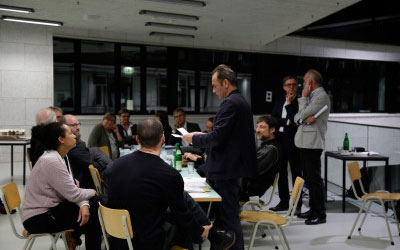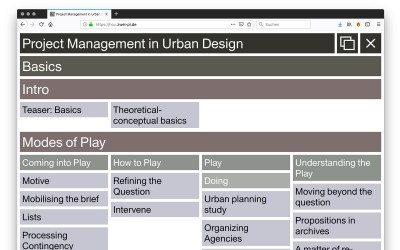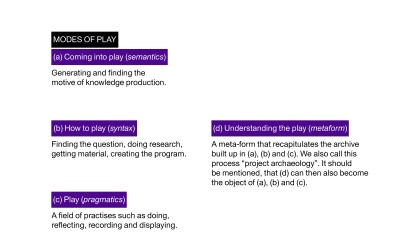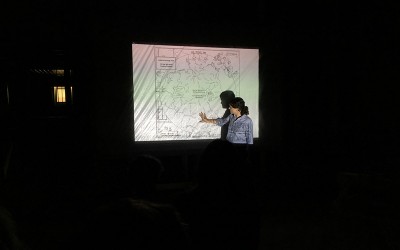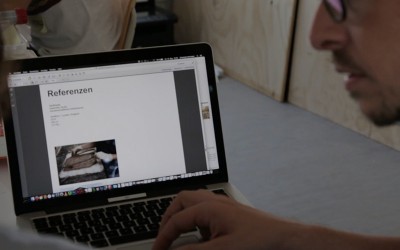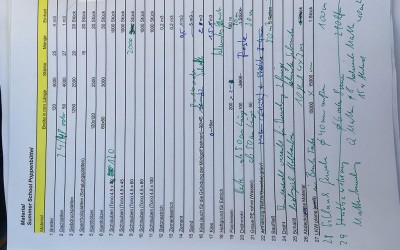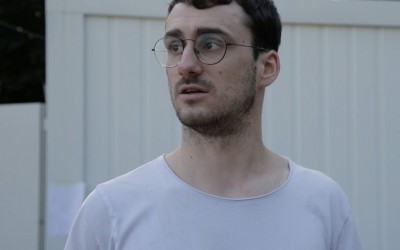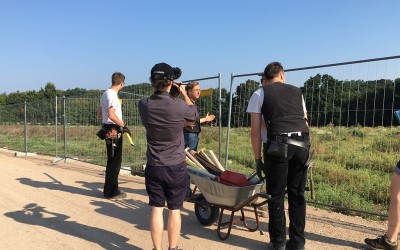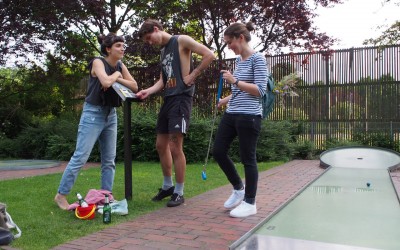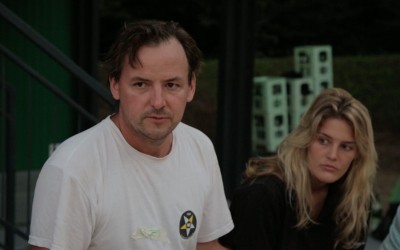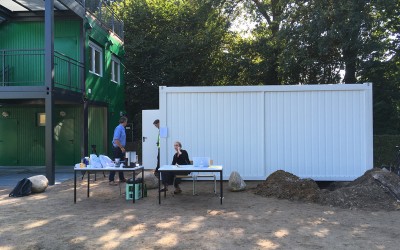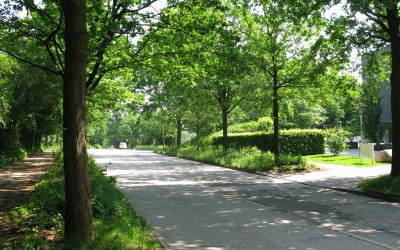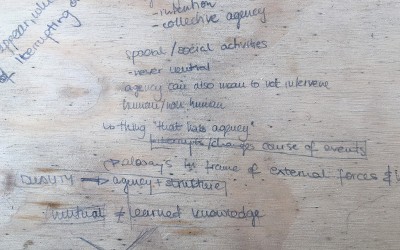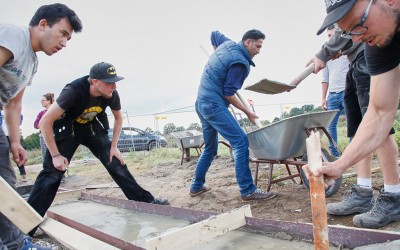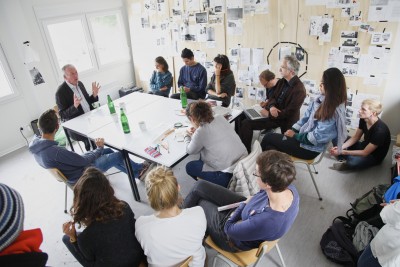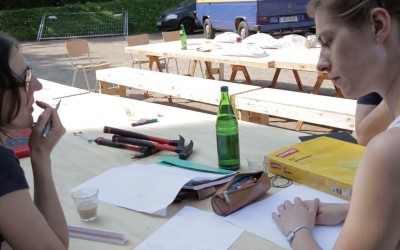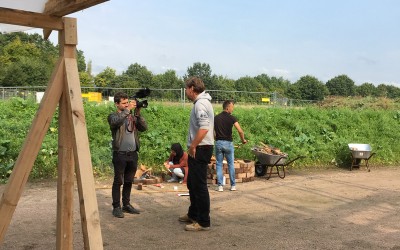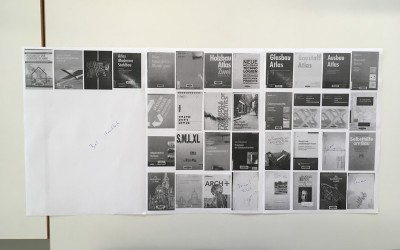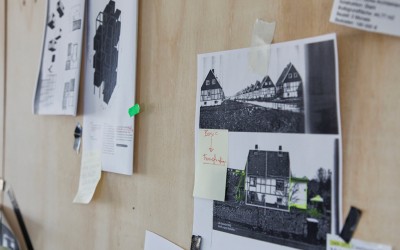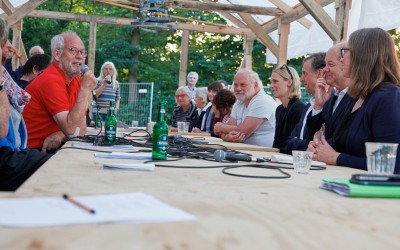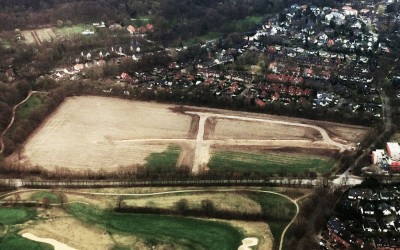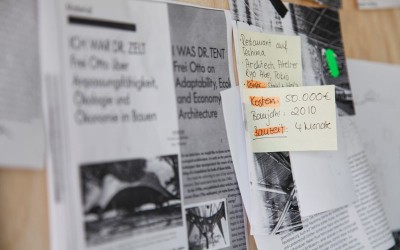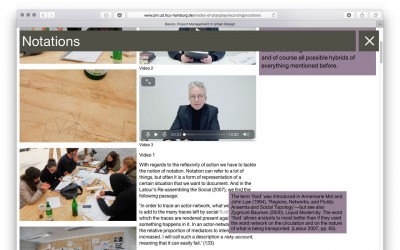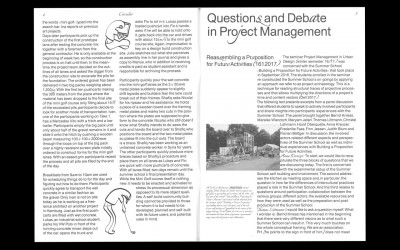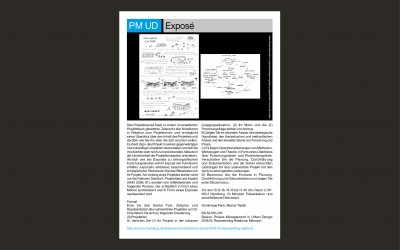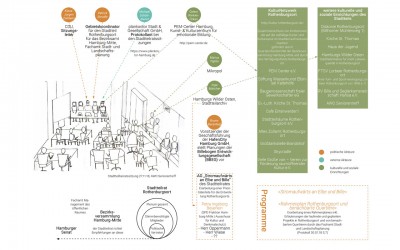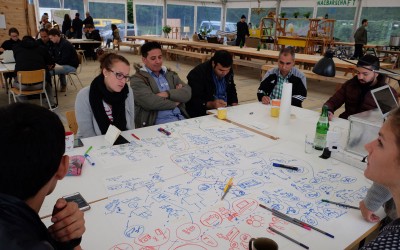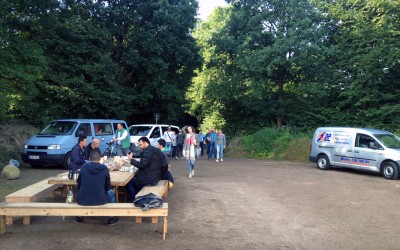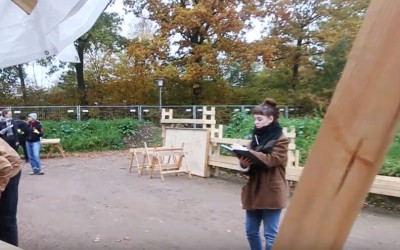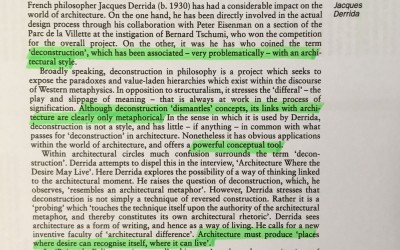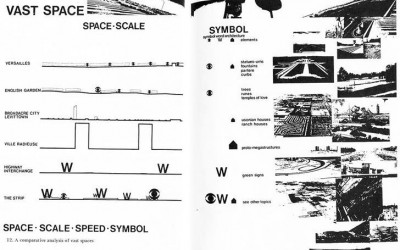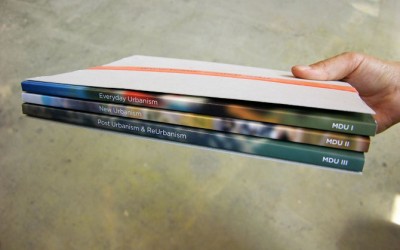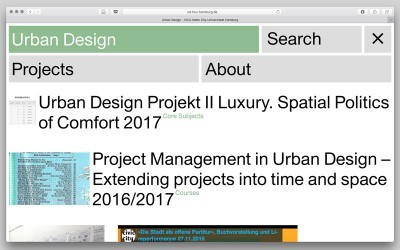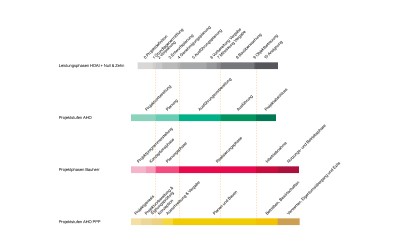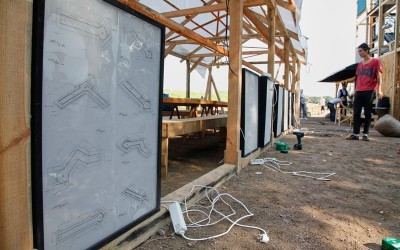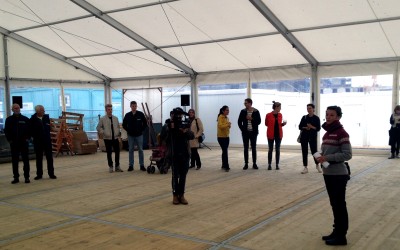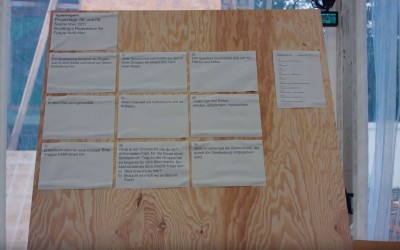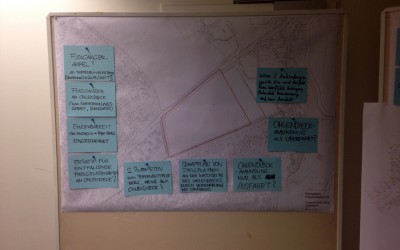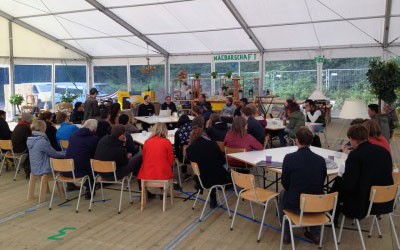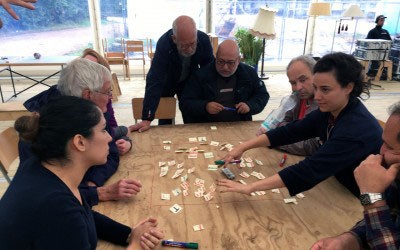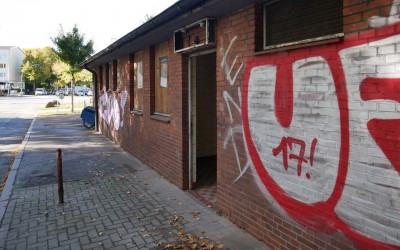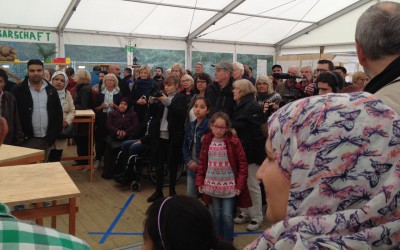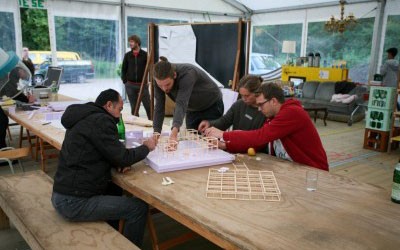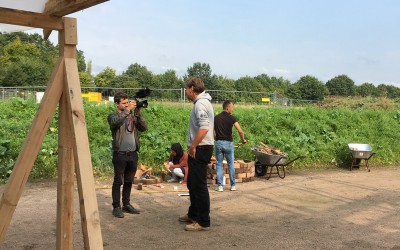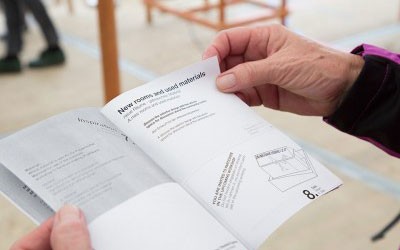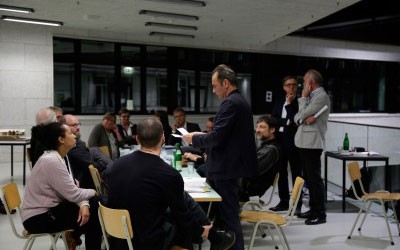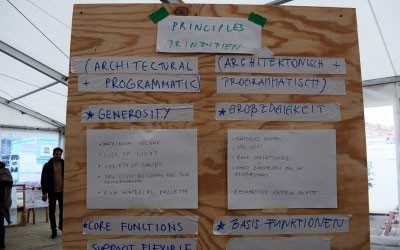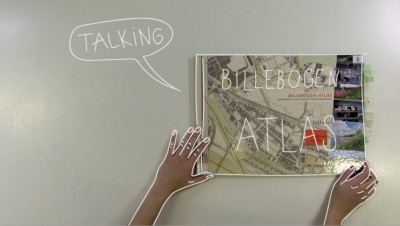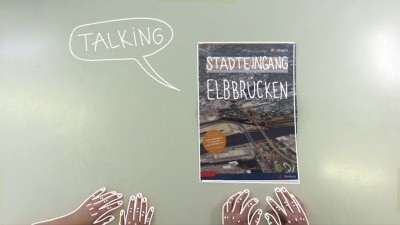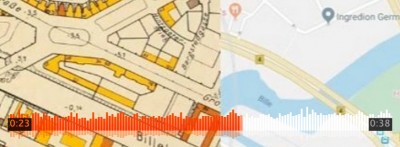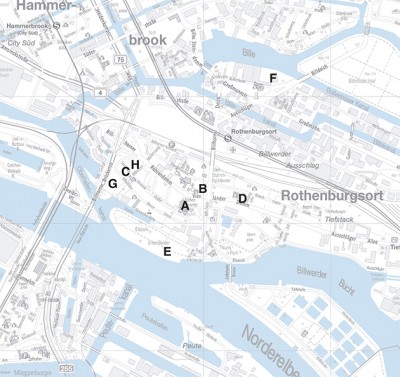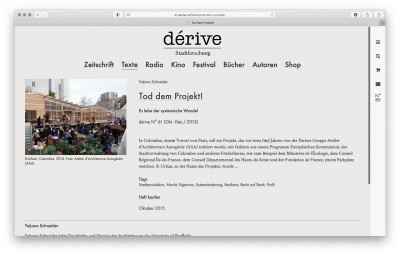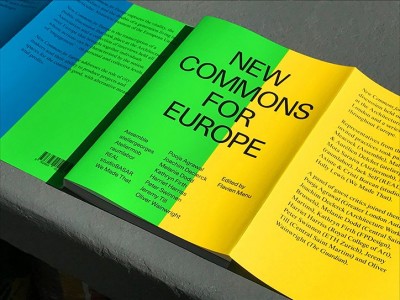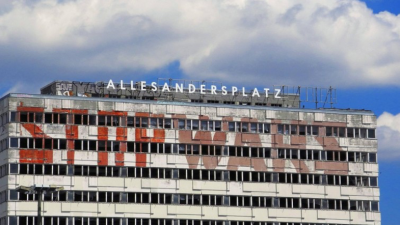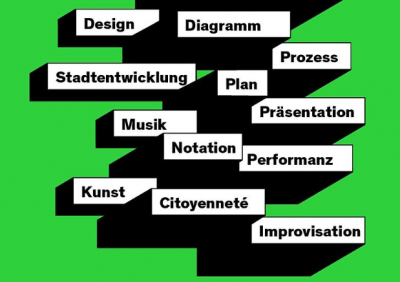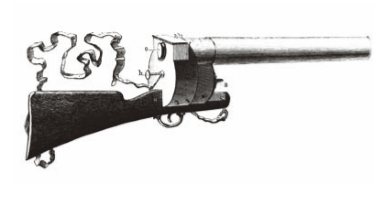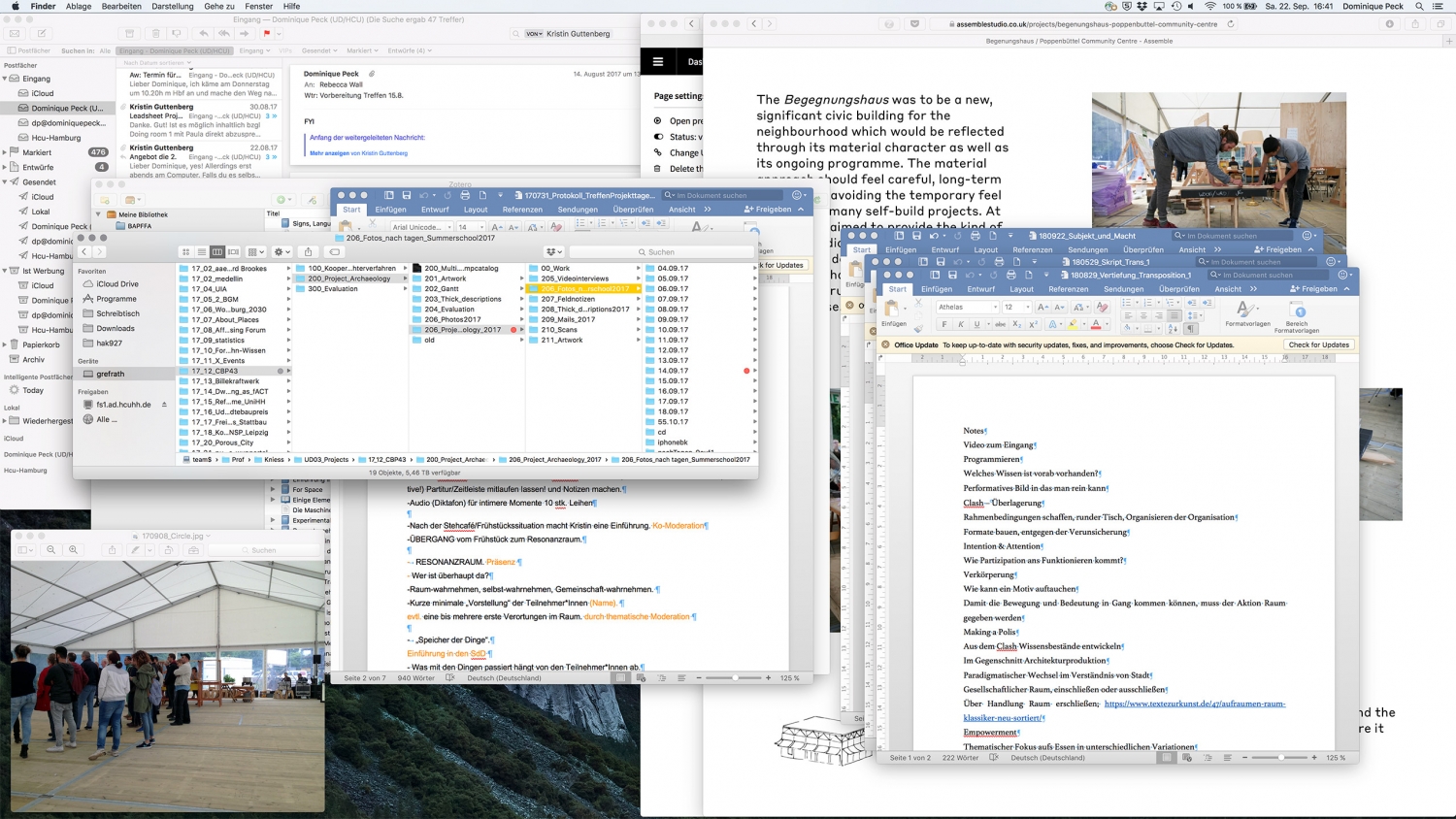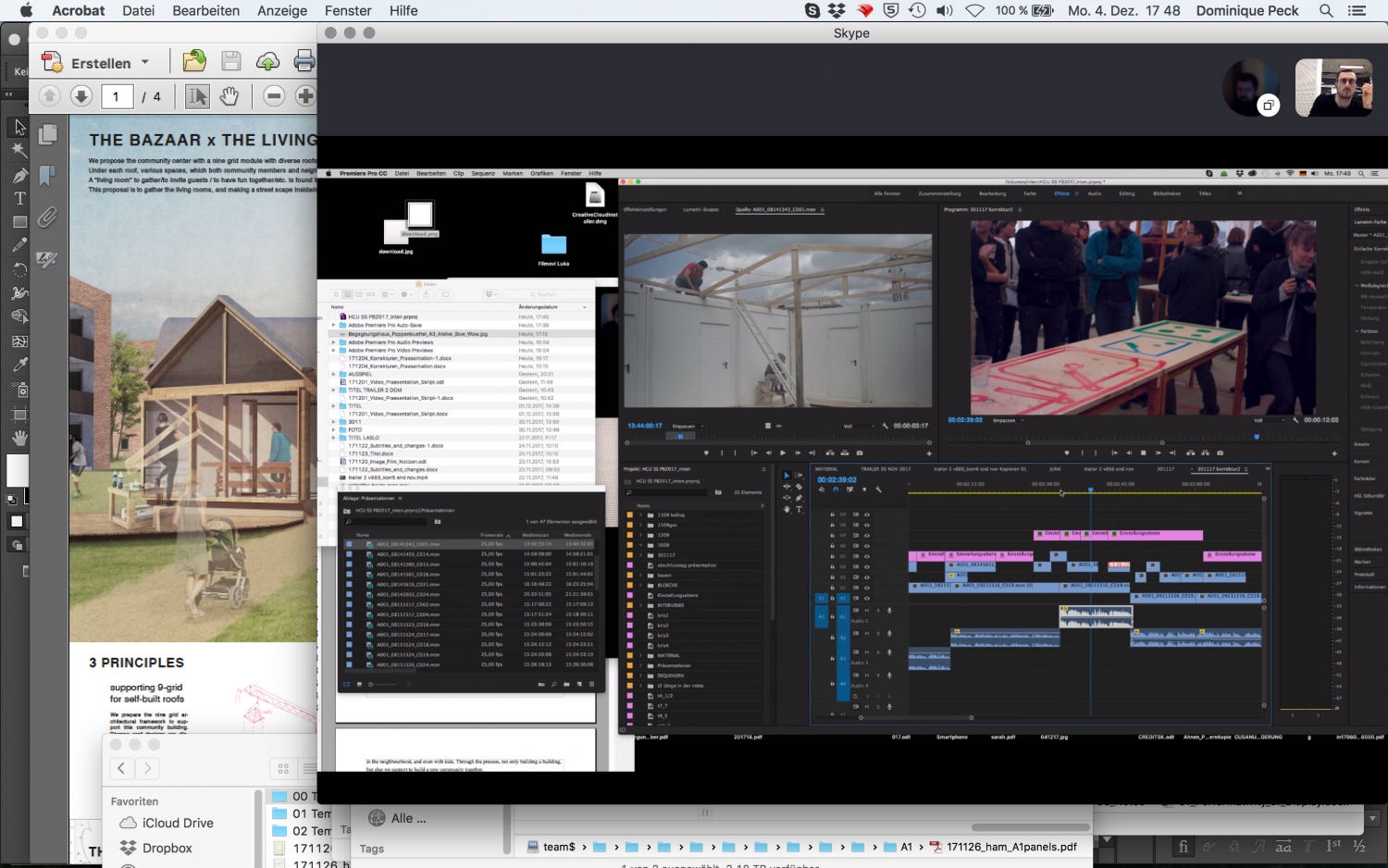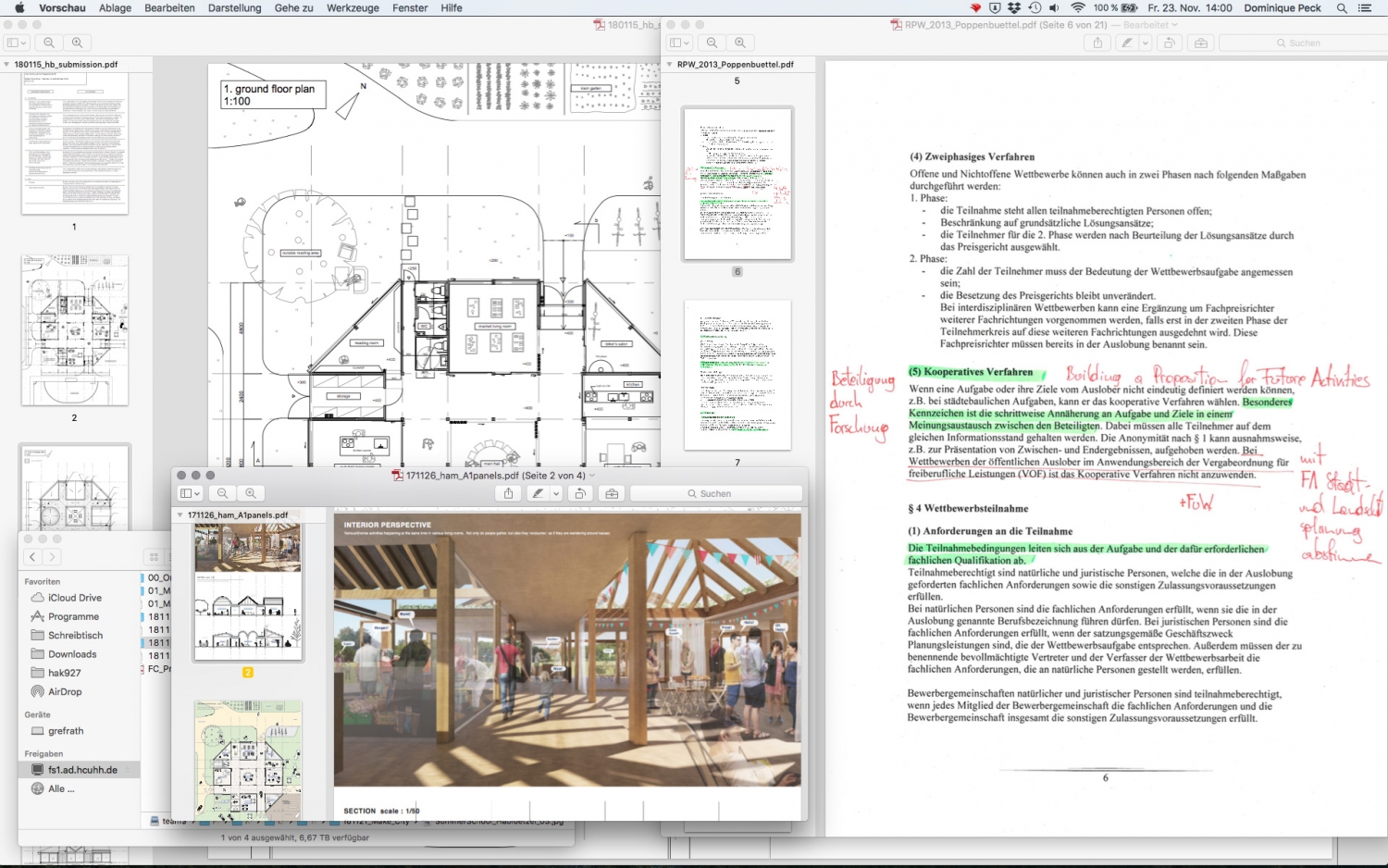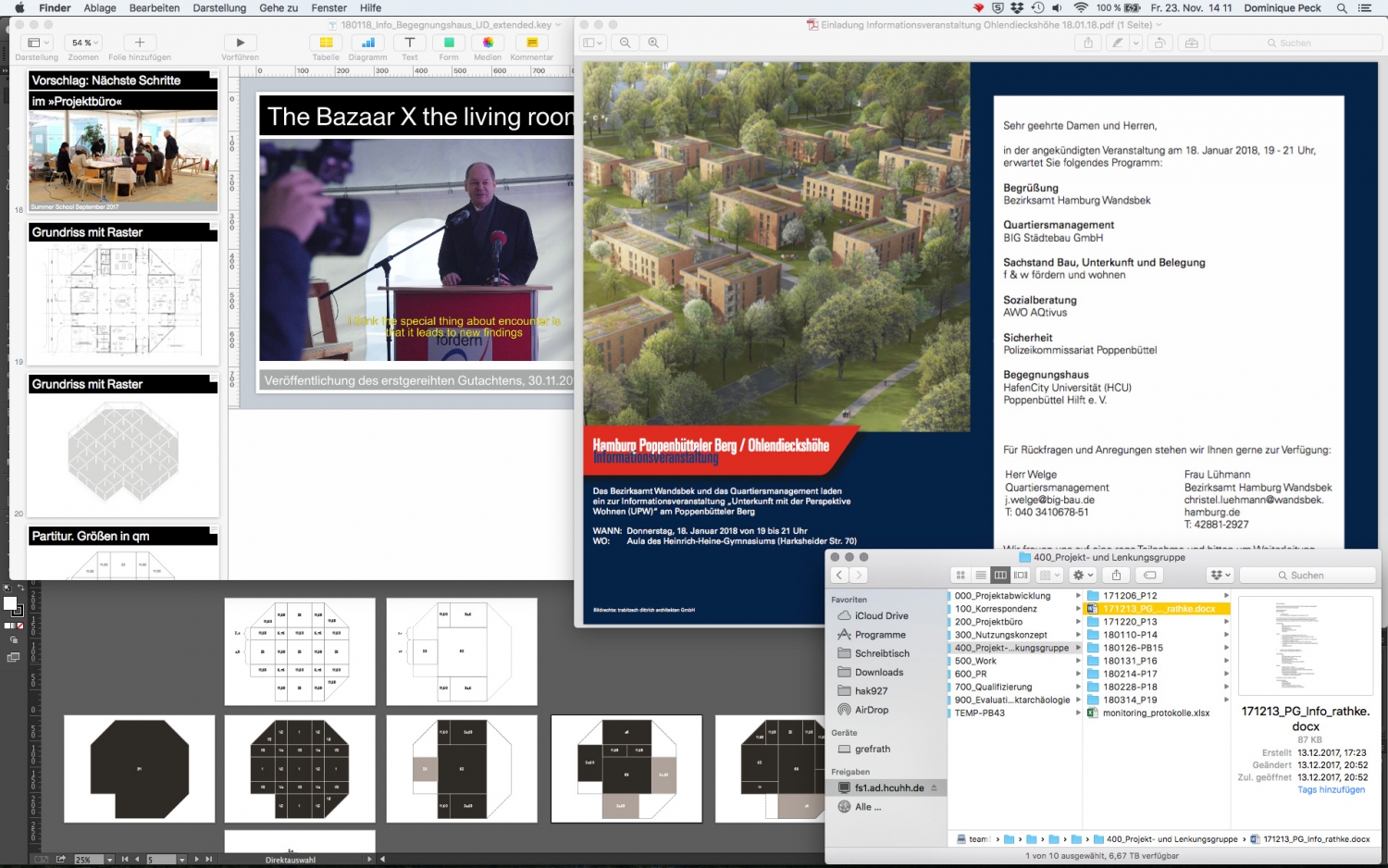Focus-group-like discussions in planning processes are everywhere. Typical formats include inquiry colloquiums, public discussions, round tables, jury meetings, thematic workshops, markets of possibilities etc. All of these formats are planned discussions using a variety of modes of representation of states of projects to review the processing of a particular topic or (set) of milestones with the aim to learn about assessments and their effects for future projections. Classic conceptualisations of the focus group address the individual in public discourse and/or the opinion of a group. “Compared to other survey types, the biggest advantage of the group discussions is that they can work out collective orientations, so to speak. Only in conversation one sees oneself compelled to call one's own opinion and assert one’s arguments, by which deeper attitudes and a larger range of reactions come to light. The mutual influence of the participants and that between the moderator and the members of the group, which is regarded as a disturbing variable in standardized procedures, is a constituent part of the procedure in group discussions (Vogl 2014, 582).”
Recently, study programmes like Social Design, Urban Design and Architecture with a focus on Live Projects have transposed concepts and formats of group discussions from social and cultural sciences. The Handbook for Live Projects by the Sheffield School of Architecture defines the reflective review as a detailed, round-table exploration of the project with the project management and another reviewer where the project management has time to focus upon the processes of the project as well as its outcomes.
The reflective review is assessed on the basis of
The effectiveness the project’s organisational structure in relation to the project’s motive and the quality of design work carried out.
The appropriateness and creativity of any format used during the process
A reflection on oppositions, limitations and possibly better modes of realising the project
A reflection on wider implications of the project’s lessons learned in general and scopes of application represented by members of the project’s stakeholders in particular.
Project management in Urban Design is a set of practices unfolding in a variety of settings. Delicate issues are often discussed in private, or with a limited set of actors in a back-room setting. Reflective reviews present a ‘public’ setting for discussion and thus are able to make the explication of knowledge production processes available for discussion. The project manager must be aware of different roles enacted during the reflective review. These include: the moderator, the influencer, the opinion leader, the expert in a bubble, the generalist, the punk, the dummy, the reviewer and the projector.
Conduct
Openness is not arbitrariness. Here, similar to interviews, a briefing will be appreciated by all people and things related to the conduct of a reflective review. In relation to the briefing a guide is key to a prolific process of conducting a reflective review. Both formats function a facilitator between all actors to be included and the knowledge interest in a particular situation of a project.
Reflective reviews with a group of people are no shortcut compared to interviews with individuals. The organisation, transcription and analysis of a reflective reviews needs diligent researchers, assistants and production and post-production crew members.
Data privacy and protection
If research projects include the collection, processing or use of personal data, the rights of data subjects and in particular their right to informational self-determination must also be taken into account in a proportionate manner. An insight into the data protection principles in Germany can be found in the privacy policy of the Council for Social and Economic Data (RatSWD).
